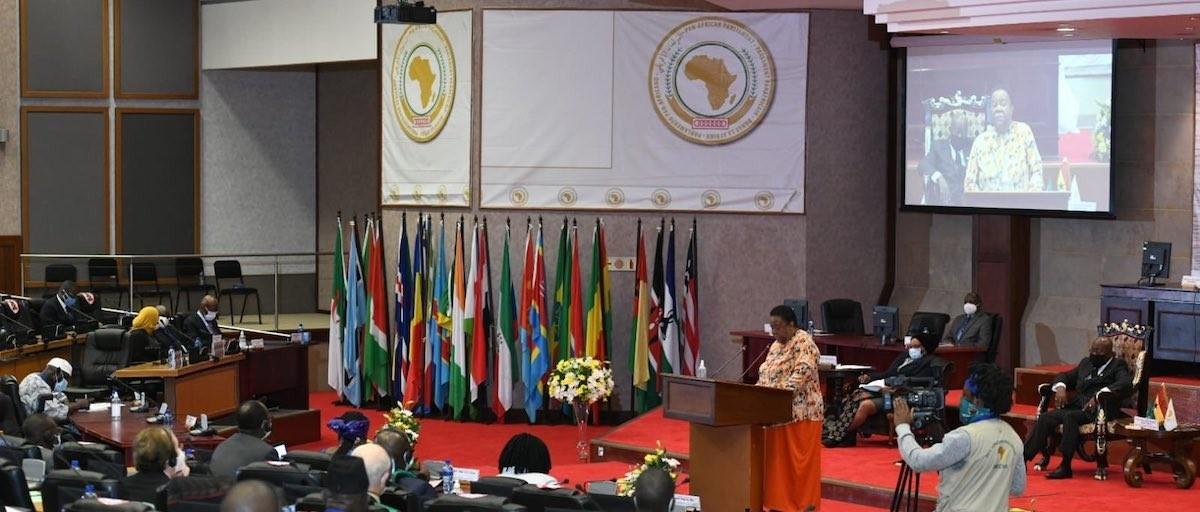A landmark report released today warns that Africa’s much-hyped national AI strategies are little more than “paper tigers,” with more than 80 % lacking dedicated budgets or independent regulators to turn ambition into action.
The State of AI Policy in Africa 2025, the first continent-wide audit of its kind, surveyed 20 countries and found that while 11 now boast official AI roadmaps, only Egypt and Ethiopia have ring-fenced public funds for implementation. The rest, including tech-forward Kenya and Nigeria, have disbursed zero dollars despite multi-year pledges.
“Having a strategy is the easy part,” said Dr. Aisha Walcott-Bryant, co-author of the report and head of IBM Research Africa. “Without money, auditors, and teeth, these documents are just expensive PDFs.”
Kenya’s Stalled Promise
Kenya’s 2023 National AI Strategy vowed to train 10,000 civil servants in AI by December 2025. As of today, not a single shilling has been allocated from the national treasury, according to Ministry of ICT insiders who spoke on condition of anonymity.
Bias in the Wild
The policy vacuum is already biting. In 2024, a Kenyan fintech’s AI loan-scoring system rejected 68 % of rural applicants because its training data came almost entirely from Nairobi. No regulator exists to demand a bias audit.
In Nigeria, a leaked 2025 pilot showed an AI hiring platform flagging Yoruba-named CVs as “low trust.” NITDA, the country’s data protection agency, admitted it has no mandate to investigate algorithmic discrimination.
Data Colony Risk
With 85 % of African AI workloads running on U.S. or Chinese cloud platforms, the report warns the continent is “training the world’s models with our data and getting nothing back.” Only Rwanda and South Africa require local language datasets in public AI projects.
Cyber Deepfakes Loom
Interpol’s Africa Cybercrime Unit reports a 400 % surge in AI-powered phishing and deepfake scams in 2025. Yet no African country has laws requiring watermarking of synthetic media leaving 18 nations facing elections in 2026–2027 dangerously exposed.
A Way Forward?
The report calls on the African Union to fast-track its Continental AI Strategy, due in 2026, with binding commitments on funding (1 % of ICT budgets) and the creation of national AI regulators by 2027.
“Egypt shows it’s possible,” said Walcott-Bryant, pointing to Cairo’s $300 million Digital Egypt Cubs program, which has trained 50,000 youth in AI since 2022. “The rest of the continent needs to follow or watch the AI train leave without us.”
Reaction
Nigeria’s NITDA Director General Kashifu Inuwa Abdullahi told journalists: “We’re drafting an AI Misuse Bill for 2026. The gaps are real, but we’re moving.”
Kenya’s ICT Cabinet Secretary Eliud Owalo declined to comment on the zero-budget revelation.
The clock is ticking. With 230 million AI-powered jobs projected by 2030, Africa’s leaders must decide: fund the future or let it be built elsewhere.




